You have probably considered leaving personal items in communal spaces of your apartment building regularly, because obviously being able to park your bicycle in the entry hall is so much easier than having to bring it into your apartment.
Doing this, however, is not something you can do freely. As property owner or tenant of an apartment you should be aware of when you may (or may not) leave your items in communal areas and under what conditions this is allowed.
ShBarcelona is an experienced real estate agency, and therefore we know every little detail of what you can and can’t do. You can read all about it in this article.
Table of Contents
First of all: What are communal zones in a building exactly?
Communal zones are all those structural elements of a building that you may use and to which all property owners have access, like:
- Floors
- Facades and walls
- Terraces and balconies
- Clotheslines
- Windows
- Entrance hall, corridors and stairs
- Lifts
- Patios, parks and other green zones
- Swimming pools and recreational zones
- Installation rooms and room with meters
- Pits and wells
- Garages and storage rooms
- Basements
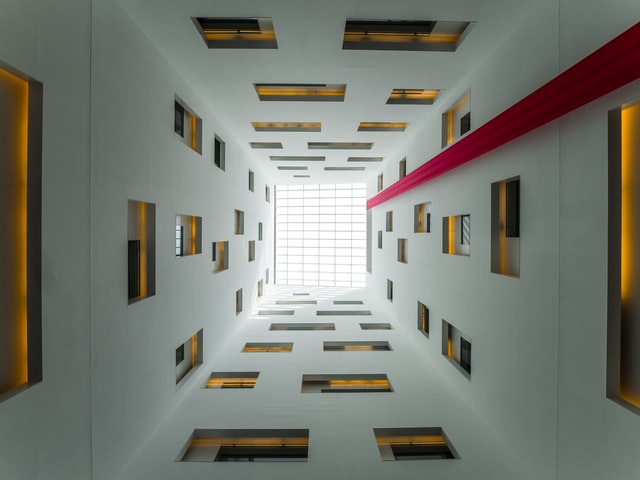


Photo via Unsplash
Enjoy ShBarcelona’s owner services
Who is the owner of communal zones in a building?
Now that you have learned what communal zones are, you will of course understand that these areas in a building belong to everyone.
Does that mean, however, that you can use them freely? Not at all. If you, or any of the other residents, wants to use the (part of a) communal space, then this must be requested in writing by addressing the homeowners’ association.
Related article: What Are the Rules When Using a Communal Terrace in My Apartment Building?
How to use (part of a) communal area privately
Once you have send your written request for the private use of a communal zone, this will be brought to the attention of all others residents in your building.
If no one objects to you using it for your specific purpose, and if it doesn’t go against what is mentioned in community statutes, then your request will be on the agenda of the next homeowners’ association meeting. This is where the rights of use and responsibilities that come with it will be discussed.



Photo via Pexels
Once you have been granted permission to leave objects in a communal zone, you must be aware of the consequences. You must always respect other residents living in your building, and your items may never obstruct the entry or exit.
Rules and regulations when using communal spaces inside an apartment building
As already mentioned before, there are certain rights and obligations for the person who has been granted permission to use (a part of a) communal zone for private purpose.
Related article: The 6 + 1 Tasks of Property Management Services in Barcelona
Rights of the owner using a communal space
- Use the requested space and share it with other residents
- Request maintenance and repairs to be carried out
- Give consent for renovation works that will benefit other residents
- Request the installation or removal of a general service (for example: lift, concierge, security). You need consent of 3/5 of the property owners.
- Request the installation of general equipment (for energy or telecommunication)
Obligations of the owner using a communal space
- Always respect the building’s facilities and avoid causing any damage
- Make use of the facilities optimally
- Be responsible for expenses that occur when using the area
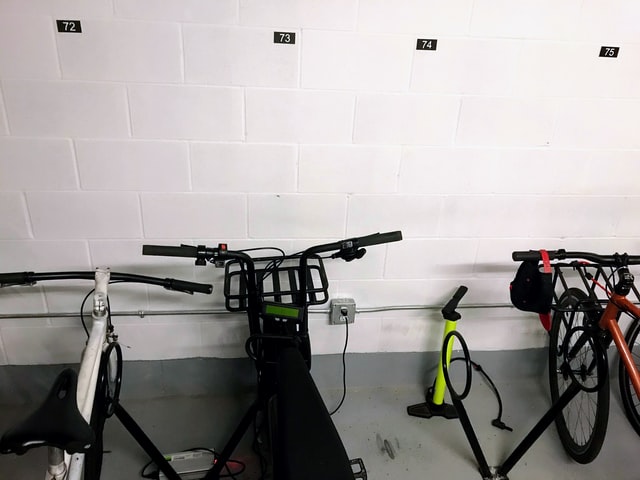


Photo via Unsplash
Problems when leaving personal items in communal spaces
After reading all the information mentioned above, it is also interesting to know what problems may occur after being allowed to leave objects in (a part of) a communal space:
- It can cause inconvenience to other residents who need to move through the zone with a stroller or wheelchair.
- It may cause obstructions when cleaning the space, or make it entirely impossible to do so.
- It may cause people to trip and hurt themselves when items are placed incorrectly.
- It may pose a risk to residents in case of a fire, because corridors, stairways and doorways are main points of evacuation. These places inside a building may therefore never be obstructed by objects in any way that they can slow down the evacuation process of a building.
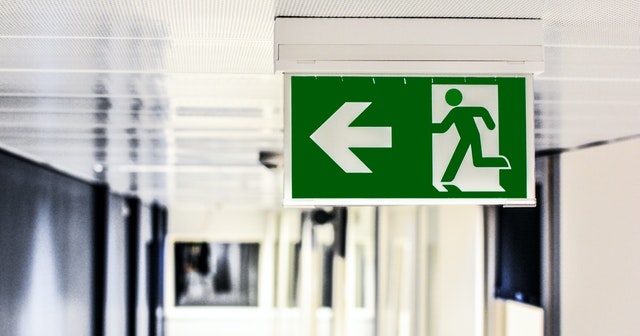


Photo via Pexels
If you have bought a property in Barcelona, you are already aware of the conditions for leaving items in communal zones in your building. If residents get along well and the atmosphere is good, you should always discuss decisions with each other during a meeting and establish what is and is not allowed when using communal space for private use.
This is, after all, the quickest and easiest option, but if you want to go through the legal process instead, just make sure you know how much time this will take.
Do you have any more questions about leaving personal items in communal zones?
Send us your questions via the comment section below!
Sources:









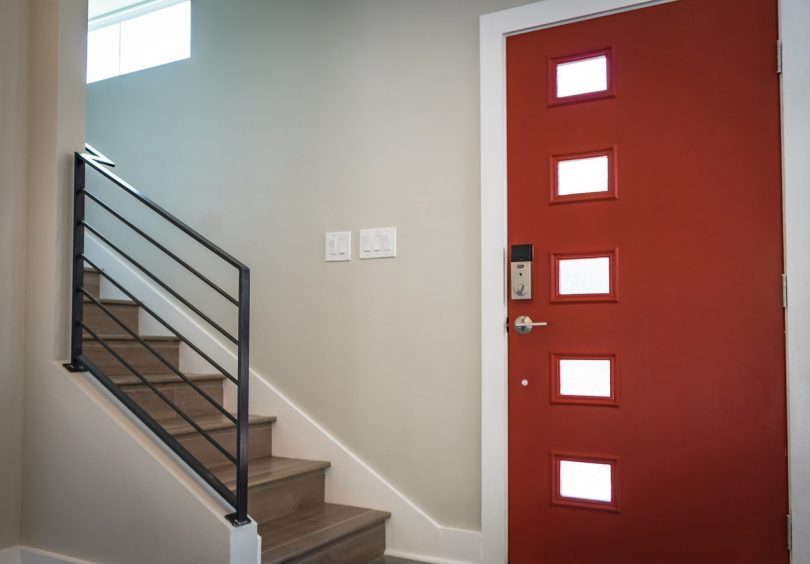









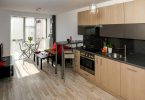


Leave a Comment